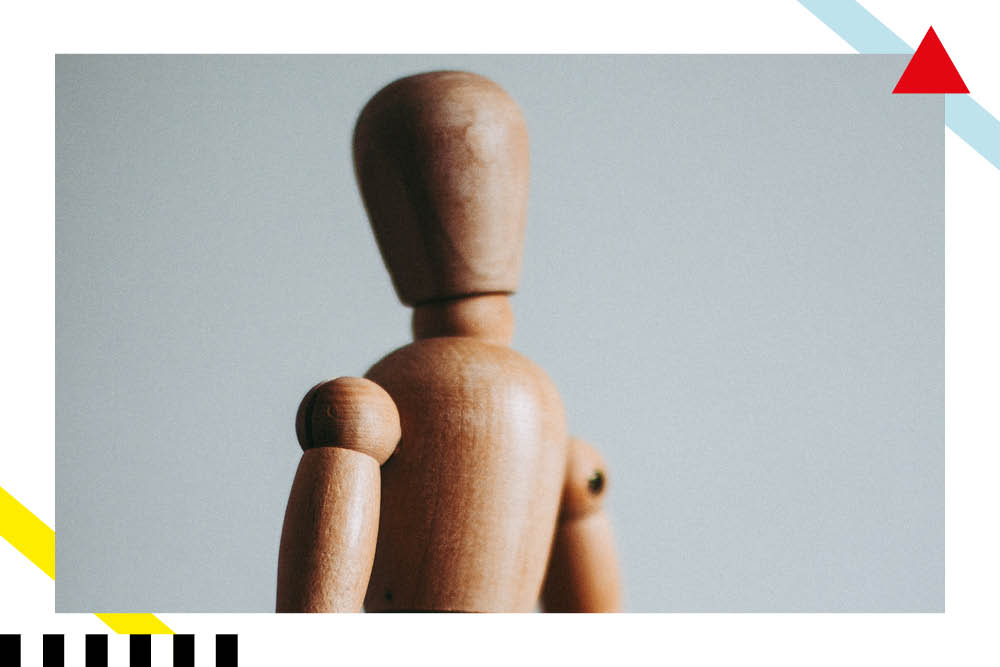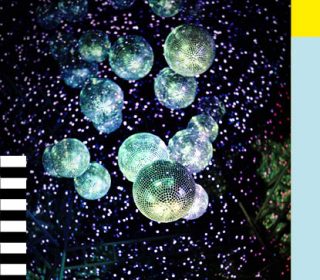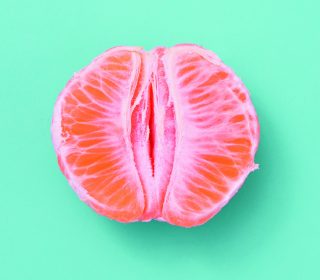The power of the mind-body connection

Why do we so often struggle to recognise the mind-body connection when it comes to our health and wellbeing? As humans we possess extraordinary aptitudes that come from a highly sophisticated, timely and intelligent interaction and cooperation between the physical and mental. Yet we often create an arbitrary divide between the body and mind, as if one could function or exist without the other.
OVERCOMING THE DIVIDE
This separation between mind and body is to some extent cultural – we are often brought up to think of our health as something physical, whereas our mood and mental wellbeing rarely feature on our health checklist. We can and do, either purposefully or unconsciously, mask any mental strain, whereas a physical ailment can be more visible and more socially acceptable to talk about. Until very recently, attitudes in society and in the workplace have been reinforcing these notions – people feel more comfortable discussing with friends, neighbours, colleagues or even their GP, a bad back than say anxiety or depression.
Strangely, when a link is made between mind and body, this is sometimes used as a way to downplay the significance or severity of a physical condition. I often hear from distressed patients who have been suffering with unexplained or undiagnosable symptoms, including severe pain, that their doctor told them that the problem was just in their head, as nothing physically wrong could be found or seen. There are also situations where we are reluctant, for whatever reason, to recognise that our physical health issues may be linked in some way to a deep-seated emotional or even spiritual discontent. I have encountered, more than once, patients who are very resistant to the idea that their physical health problem could be anything but that, unwilling to explore if and how their outlook and thought patterns could be playing a part in their ongoing health issues.
Separating the mental and physical is not just nonsensical from a physiological point of view, it is also limiting our capacity to achieving a long, happy and healthy life. Mental health is as real and as much a part of us, as our physical health, and linking the two in both our approach to looking after ourselves and in understanding the causes of diseases opens up new possibilities to helping us be well in all possible manners.
The mind-body connection is, of course, something that is deeply embedded in the tradition of Oriental Medicine. According to acupuncture, every organ in our body has both a physical and an emotional function. As such, what may seem to be a physical problem may, in fact, have a mental trigger, and vice-versa.
HOW DOES MY BODY FEEL?
Our bodies and minds are constantly communicating, as information is sent via nerves out of the brain to different body parts, as well as from our body into the brain, creating a mind-body feedback loop. Even when it may seem that a sensation, feeling or emotion has its origin in our head as we think about something, in reality it may have come from elsewhere in our body, as the brain processes the information, bringing it to our consciousness and responds with another message to the body. Such feedback loops between body and mind exist to maintain balance within our system but also to help us ascertain what mode of operation we need to go into: ‘fight and flight’ – which creates a sense of fear and panic, or ‘rest and digest’, which creates a sense of peace and relaxation. There are many examples of this mind-body connection and how our bodies have feelings too. What we often describe as a gut feeling for instance, is quite literally that, as scientists have been able to demonstrate how messages are conveyed between the gut and the brain, both upstream and downstream.
Within acupuncture theory itself, each organ in the body is aligned to five fundamental elemental qualities – Earth, Fire, Water, Metal and Wood – which symbolise different aspects of nature, life, times of day, temperatures, seasons and therefore energetic movements. For example, ‘Wood’ and its associated organs, the liver and gallbladder, are identified with the surging energy of spring, a time of new growth, renewal and rapid transformation, following the falling energy of the autumn linked to the lungs and colon and the powerful stillness of winter, associated with the kidneys and bladder.
Classifying organs in this way and recognising their overall energetic movement and effect, immediately enables us to link a person’s physical and mental health and any symptoms they may be experiencing. It also allows us to explore further than just the symptom, getting to the root cause of the problem. This in itself provides new avenues to supporting the healing process and longer-term health, both in the treatment room and beyond, notably through appropriate lifestyle changes that bring wider health and wellbeing benefits.
To put these ideas into context, let’s take a look at an organ we are all very familiar with and which has many connotations when it comes to our state of mind: the heart.
THE HEART IN BODY AND MIND
In Oriental Medicine the heart is seen as the Emperor, sometimes called the Supreme Controller, in charge of all the organs and vital to our existence. In the Western medical tradition, the heart’s physical function is also seen as essential to life, working as a pulsatile pump that allows blood to circulate. It responds to changing requirements, beating faster when more blood is needed, when exercising for instance, and slowing down when we are resting.
At a mental level, according to the principles of Oriental Medicine, the heart has a similar energetic effect, making us feel excited and animated when our passions or interests are aroused. The heart provides a feeling of being truly alive and happy. The excitement of the heart and the energy this produces are at their height when we are laughing: our complexion reddens, and we will feel warmth or heat. The heart also has the capacity to quieten down when needed, for example when we are falling asleep. A healthy heart is, therefore, one that is able to respond appropriately to the ups and downs.
The heart is seen in acupuncture as much as a physical as a mental part of us. If our heart is strained due to illness, lifestyle or inherited medical conditions, this may affect not only its main physiological functions, but also our mood and behaviour, leaving us feeling flat, disengaged and unable to make meaningful connections, or conversely unsettled, anxious, or manic. A depletion in the heart can leave us with a sense that we have lost that inner light that guides us through life, that the fire within us has literally gone out.
Oriental Medicine is not alone in seeing this type of mind-body connection. There are well-documented cases reported in medical journals of patients who have suffered an emotional shock to the heart when losing a loved one or going through traumatic heartache, who then go on to develop health issues affecting their heart, such as high blood pressure, heart arrhythmias and even in extreme cases heart attacks, a phenomenon known as ‘broken heart syndrome’.
GETTING THE FULL PICTURE
Looking at ourselves in this connected way allows us to be more holistic both in our understanding of why we may feel a certain way, or why we develop particular physical ailments. It is well known that stress, even mild, whether from work, money, family, relationships or anything else in life, as well as poor nutrition, drinking, smoking, lack of exercise and so on, can all have wide-ranging acute and chronic health effects. In Oriental medicine, such stresses on our system have been fine-tuned to look at the specific link between an organ and its emotion, and therefore their impact on both physical and mental health.
This is why, when having an acupuncture treatment, your acupuncturist will ask you about your everyday health and wellbeing, covering aspects such as your medical history, sleep, diet, digestion, general mood, and energy levels to establish whether there are any potential weaknesses or disharmonies in specific organs. To ensure an accurate diagnosis and treatment, it is, however, essential to really understand a person’s emotional state and behavioural patterns prior to and following the onset of any health problem, to see how this may link to their condition. Patients often apologetically say to me during a session: ‘I’m not sure if this is relevant but…’ or ‘I’m not sure why I’m telling you this’, even though it is often such snippets from a person’s life that hold the key to understanding the problem. Everything we do and experience on a day-to-day basis affects us, sometimes temporarily, but if we are already weakened for whatever reason, even small things can trigger something more significant in our health and wellbeing.
Being aware of how mind and body connect offers a powerful tool to achieving wellness. It provides us with the realisation that our thoughts, beliefs and perspectives may be able to change the course of a disease, and that good dietary choices, adequate sleep and exercise aren’t just good for our bodies, they make us feel better in our heads too. Taking good care of ourselves in both body and mind creates a virtuous circle for health and wellbeing. More profoundly perhaps, with a good mind-body connection, we feel more in control of our lives, with a better sense of who we are and where we are going.









